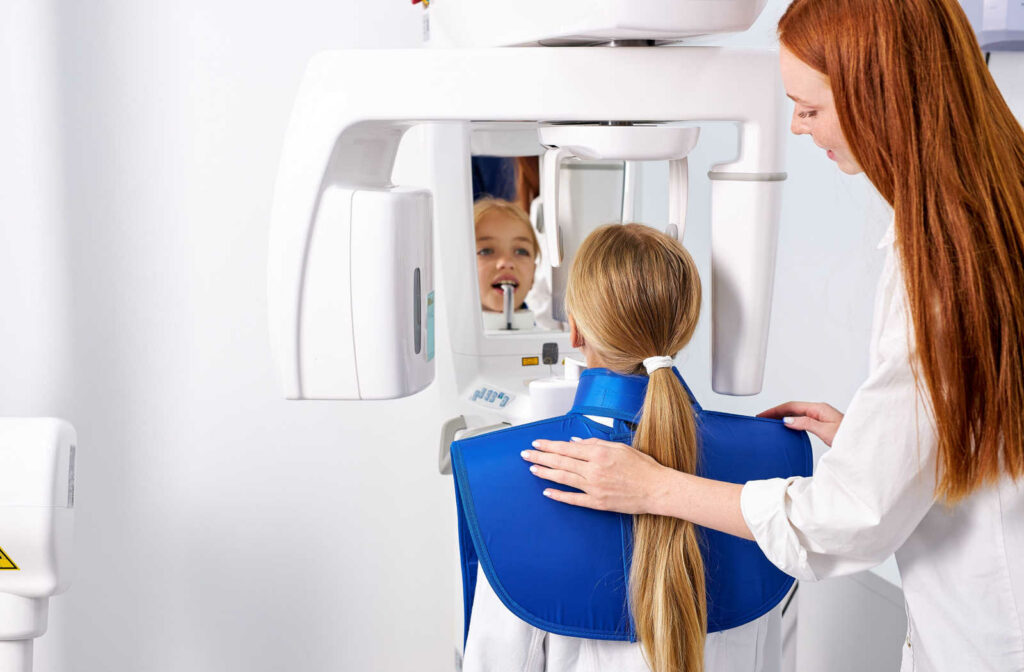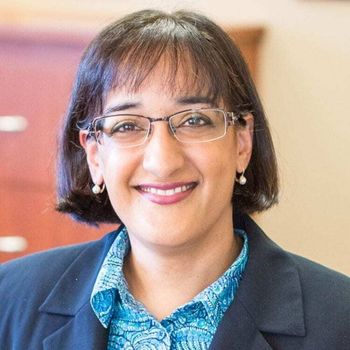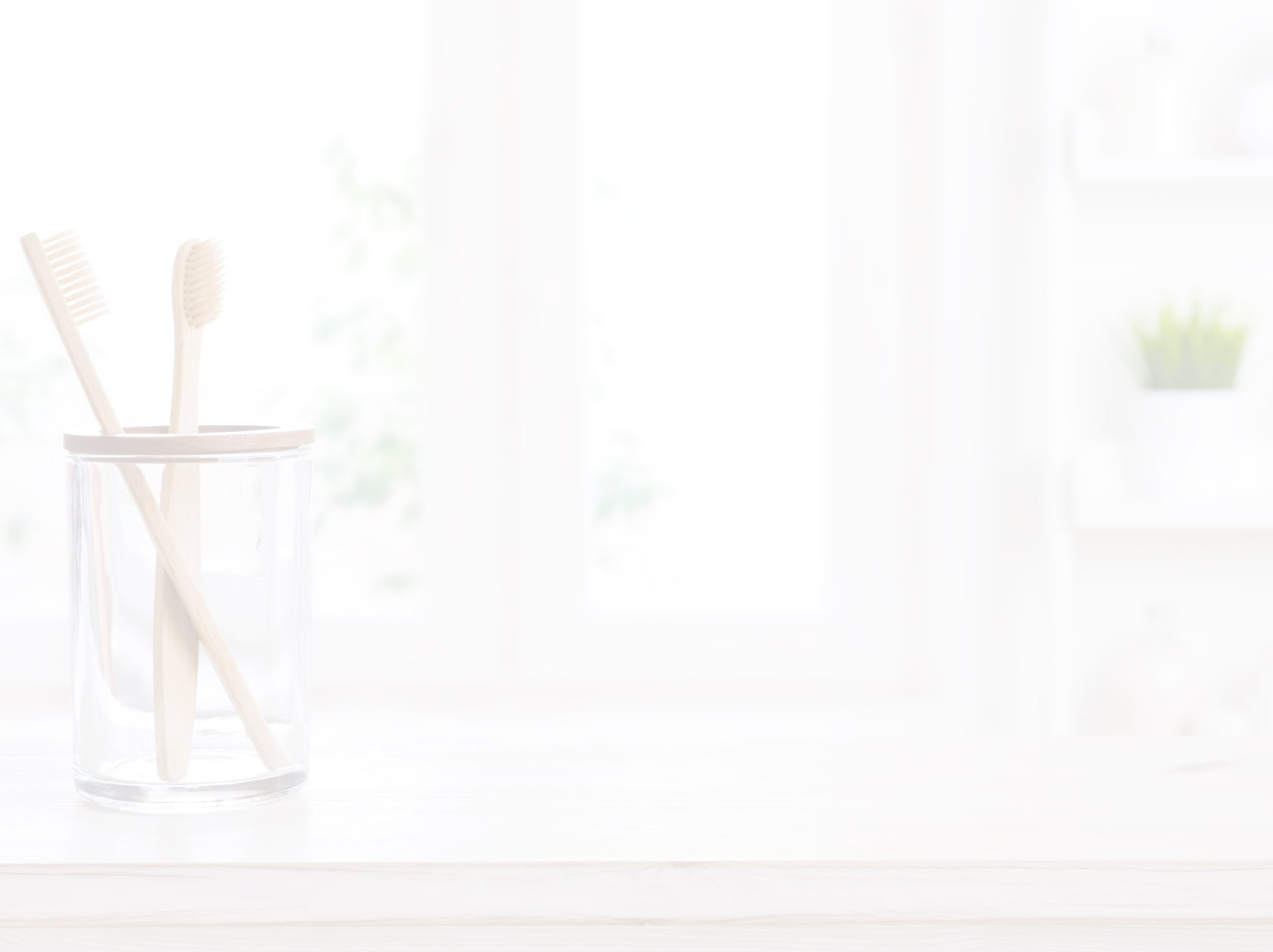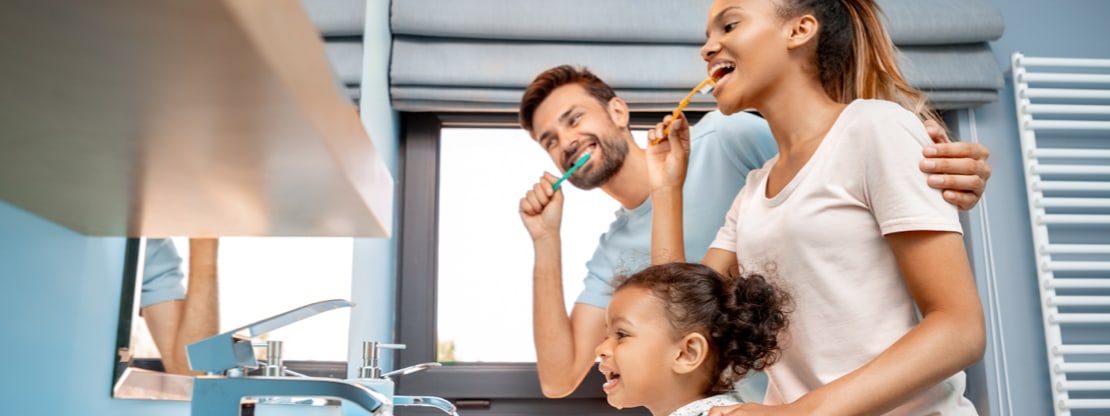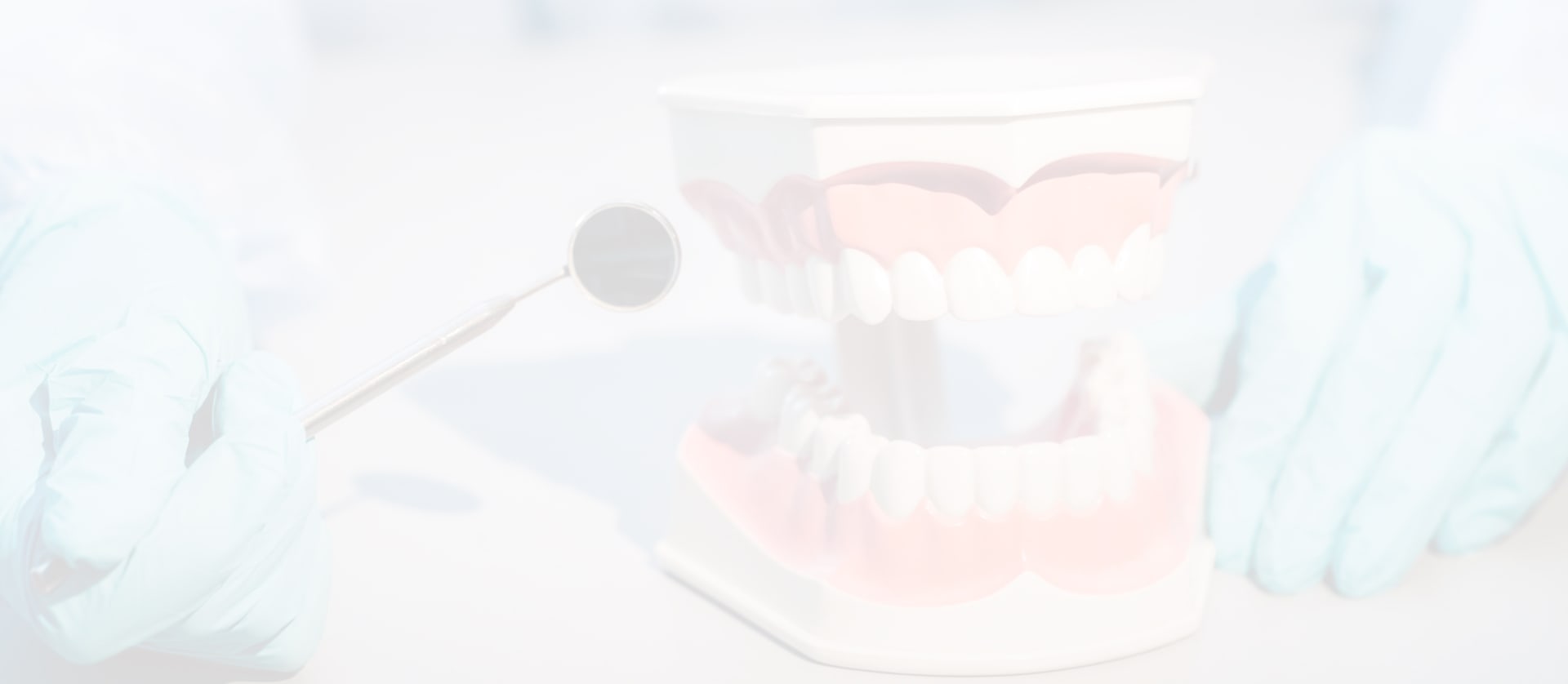Dental X-rays are an important tool for detecting potential problems in children’s teeth and jaws. They allow dentists to see what’s happening beneath the surface, such as cavities, infections, and developmental issues. Since children’s teeth can change rapidly, these early dental visits are essential to maintaining good oral health.
Some parents might have concerns about X-rays and radiation exposure. While the level of risk associated with the radiation from X-rays is small, dentists are careful to ensure it’s only used when necessary.
The Canadian Dental Association suggests only taking X-rays as often as your child’s present oral health requires. Children may need X-rays more often than adults since your dentist might need to monitor their tooth development.
How Do X-Rays Work?
Dental X-rays are a safe and effective way to detect potential problems in children’s teeth and jaws. They use a small amount of radiation to create detailed images of the teeth and jawbone. This imaging allows dentists to see problems that may not be visible to the naked eye, such as cavities between the teeth, infections, and to keep track of incoming teeth.
Depending on what is required, your dentist might use several different types of X-rays to get the view they need of your teeth. These include:
- Bitewing shows how the crown portions of your teeth come together as you bite on a paper tab.
- Occlusal captures your upper and bottom teeth in one shot and shows how they line up when you close your jaw.
- Panoramic uses a machine that rotates around your head to capture all your teeth and jaw in one shot. It helps detect jaw problems and plan dental treatments.
- Periapical shows 2 complete teeth from the crown to root.
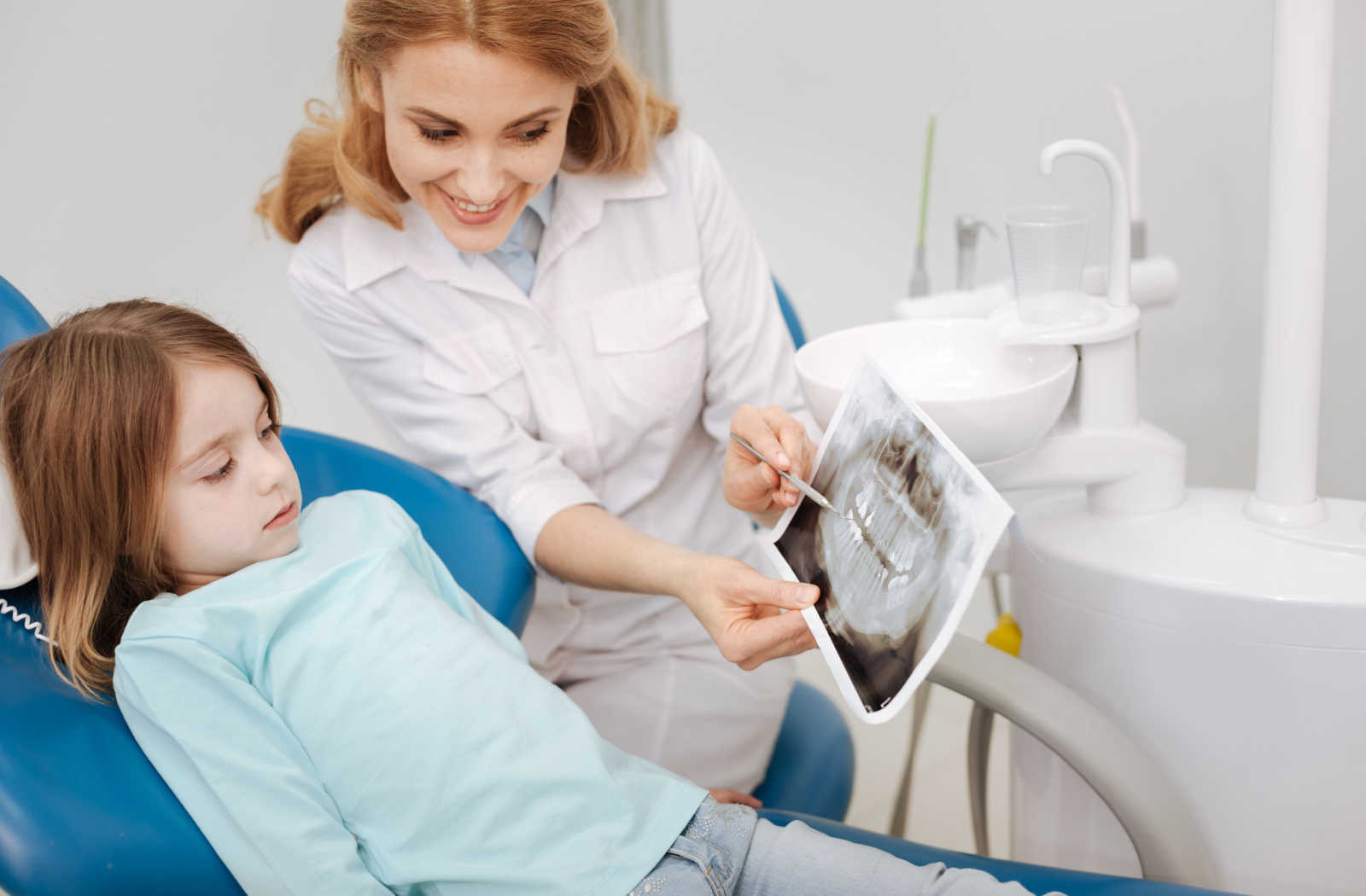
What Are Dental X-Rays Used For?
Dental X-rays are not just for detecting cavities. They can also help identify potential jaw growth and development issues, such as misaligned teeth or jaw growth abnormalities. This detection can be vital for children who are experiencing difficulty biting or chewing or who have speech difficulties. Early detection and treatment of these issues can prevent more severe problems down the line.
It’s also worth noting that dental X-rays can play an essential role in the planning and monitoring of treatments. For example, dentists can use X-rays to identify the position of unerupted teeth and to assess the progress of orthodontic treatment.
Are X-Rays Safe?
Yes. The benefits of X-rays for treating dental problems outweigh the low risks caused by minimal exposure to radiation. Still, they’re only done when necessary. The Canadian Dental Association has clarified its position on X-rays and how patients should be protected.
Children have an increased sensitivity to radiation doses, meaning smaller amounts will have a more considerable effect than they would on adults. Because they’re younger, any radiation lingering in their body also has more time to accumulate. However, much less radiation is required to take X-rays of children’s teeth than adults.
The type of machine your dentist uses is also a factor. Newer digital X-ray machines can give 70% less exposure to radiation than their film counterpart can. Older machines also may only have one setting, which can result in them using more radiation than necessary. For children, machines should always use the lowest dose possible.
A dental office should use appropriate radiation safety measures when performing X-rays. These measures include using lead aprons to protect your child’s body and ensuring that the X-ray machine is properly maintained and calibrated. You should discuss the need for X-rays with your child’s dentist and make an informed decision based on your child’s individual needs and risk factors.
Frequency of X-Rays
Your child should only have X-rays as often as your dentist deems necessary. This frequency will depend on a number of factors, including:
- Present oral health
- Age
- Risk for disease
- Signs of oral disease
Since children are more likely to be affected by tooth decay than adults, they might require more X-rays. In this case, the Canadian Dental Association recommends dentists follow the ALARA principle (As Low As Reasonably Achievable). This principle means protecting patients with aprons and thyroid collars and using the lowest level of radiation possible while still getting clear views of your teeth.
Protecting Your Family’s Smiles
Dental X-rays are essential to protecting your family’s dental health, but it’s reasonable to be concerned about their effects. Your child will come in for their first dental exam while they’re young and will have many more as they grow into adults. Fairlawn Dental Centre in Ottawa is proud to protect your family’s smiles, and we’re committed to making the experience as safe as possible. If it’s time for your kid’s dental exam and you want to know what our friendly team can offer, schedule an appointment today! We’re happy to answer questions you may have and help you feel confident and comfortable during your appointment.


